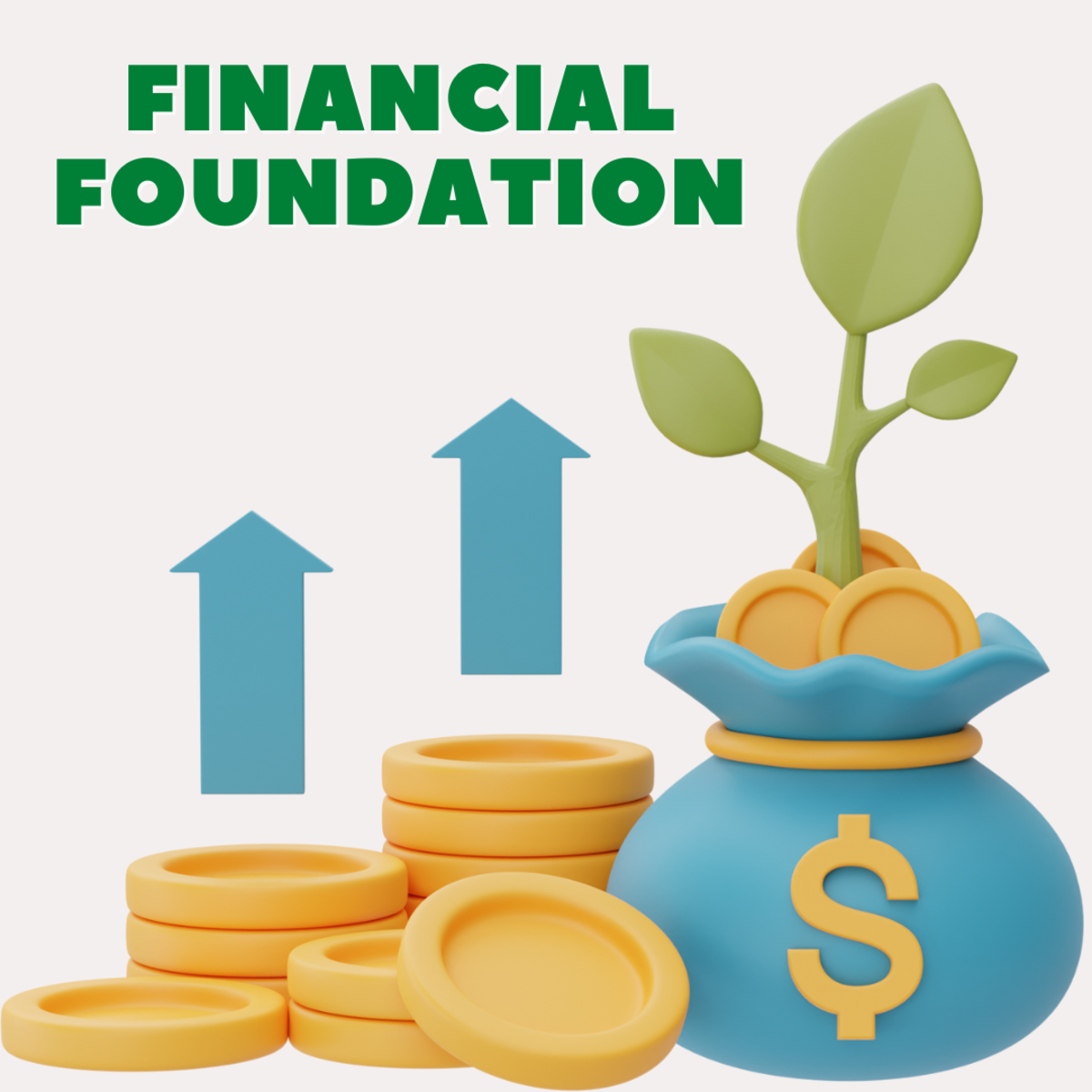10 Tips to Financial Sufficiency

Growing Up - Our Needs Were Met
Growing up we did not have a lot of money, but we never went without our needs met. My father worked at the factory, and my mother took care of my three siblings and I. My mom worked odd jobs here and there to bring in a little extra money to the household. She was a cosmetologist; she did hair out of our home. Stick around to find out the ten tips and lessons my father taught me about finances.
We lived in a two-story home, with living quarters on the second floor. My grandmother lived with us until she passed away, and an occasional uncle or cousin had short stints of living with us. My dad later purchased another home a few block over. To me, we looked prosperous. We always had plenty to eat, sometimes too much. We always had transportation, two or three vehicles to drive. And we always had clothes to wear. We shopped at the popular local department store. As I recall when I was a young girl, it was my father who took my sister and I school shopping. He used his Mastercard to make the large purchase. One thing he would always say is, “get what you want, and don’t worry about the price.” We did not go shopping every weekend like some of our kids do today.
We went to church on Sundays, and my dad instructed me to give money to the church. Once I got a job, he taught me to give 10% - tithe to the church. Tithing was the equivalent of giving back to God for blessing you, and the monies would support the church operation and help those in need. I will get to the ten lessons my father taught me about money shortly. Hang on. By age 12, my father had become pastor of a church.
Great Information About Financial Freedom - 4 Concepts
Do You Live Within Your Means?


Dad Took Care of Business
For special days like birthdays and Christmas, my sister and I would get gifts from three of my mother’s brothers. They did not have daughters, and my mom was their only sister. Our Godmother gave us gifts every Christmas.
When I became old enough to drive, my father allowed me to drive one of his vehicles. He made it clear that the vehicle belonged to him, and that it was on loan to me. It did not matter to me; all I wanted was to be able to drive. I drove to high school some days and eventually to my part-time job in my senior year of high school.
One last thing my dad did before I left home. -- He paid for my college education, that which I did not receive in grant money, or save myself, and he paid the majority of my wedding cost.
When my father died, he did not owe anything to anyone or any creditor. Now that is a financial legacy. What do you think? I did promise to let you in on some of the lessons he taught me about finances, almost there. I have practiced all of them at some given point in my life; it is my goal to implement all of them at the same time.
A Father's Teaching Goes A Long Way
It's funny how you say you're not going to do the same things as your parents when you are a kid, but you wind up doing the very same things you said you wouldn't with your own children. I not only do a few things like my father, I do a lot of things like my father did when it comes to finances. My mother, even continued on the same path after my father when he passed away. He did a great job at training us how to handle money.
Learn The One Factor That Predicts Financial Success
Managing Money In A Tough Economy
There are money principles that never change and will work in any economy. I think the most basic is saving. Saving is like a dirty word though, because we American's barely have any savings, whereby no emergency funds. We have grown accustomed to living on credit. However, the good news is, at any given point in our lives we can turn things around. Saving can be hard when you've lost your job, been downsized or furloughed. But if we can ever get to a place of saving more than we spend, our financial situation will change. What do you think?
10 Tips and Lessons From My Father - To Help You Achieve Financial Sufficiency
-
Pay Your Bills On Time
-
Use Credit Sparingly
- Set Financial Goals
- Save A Portion Of Your Money
- Use Cash Whenever Possible (Live Within Your Means)
- Give 10% Of Your Income To The Local Church And To Those In Need
- Earn Money by Working A Job
- Lend Money Only If You Can Afford To Lose It
- Take Care Of Your Household Financial Needs First
- Invest In Real Estate For An Inheritance For Your Children’s Children.
Thanks for reading, and I hope you found some helpful tips on managing your finances. Feel free to share it with your friends.









